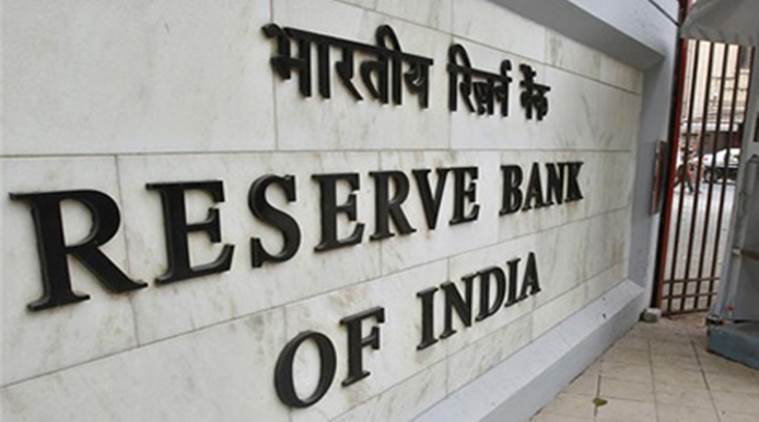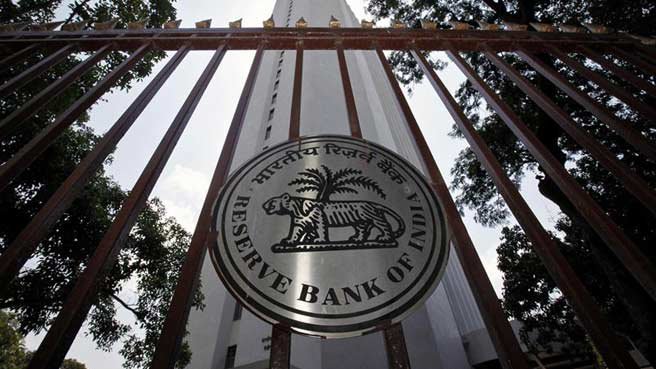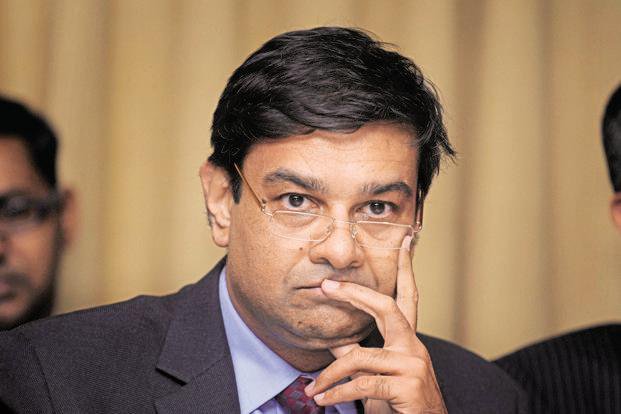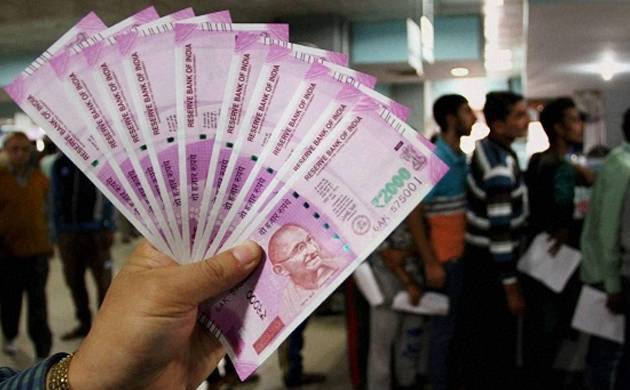Taking markets by surprise, Reserve Bank of India today kept short term lending rate unchanged even as the central bank lowered GDP growth rate to 7.1 per cent and short term disruption in economic activities due to demonetisation.

Here are the major takeaways:
- RBI Governor Urjit Patel-led 6-member Monetary Policy Committee, which had in its first policy review cut interest rate by 0.25 per cent in October, belied expectations to keep benchmark repo rate unchanged at 6.25 per cent unanimously.
- The committee while voting 6-0 to leave the repo rate unchanged, said it needed more time to assess if the recent cash squeeze would cause more lasting damage to the economy.
- In view of disruption in economic activities due to demonetisation, RBI lowered growth forecast from 7.6 per cent to 7.1 per cent for the current fiscal.
- The headline inflation is projected at 5 per cent by the fourth quarter of 2016-17 with risks tilted to the upside but lower than in the October policy review.
- The fuller effects of the house rent allowances under the Seventh Pay Commission award are yet to be assessed, pending implementation, and have not been reckoned in this baseline inflation path, the policy said.
- RBI has also withdrawn 100 per cent incremental Cash Reserve Ratio (CRR) from December 10, a move that would allow banks to retain the deposits coming to them as part of demonetisation.

What it said about demonetisation and its effects:
Pressure on the central bank and its governor, Urjit Patel, to act has grown since Prime Minister Narendra Modi stunned the country on Nov. 8 by abolishing 500- and 1,000-rupee notes, removing 86 percent of the currency in circulation in a bid to crack down on the “shadow economy”.
- The withdrawal of old high value currency notes could transiently interrupt some part of industrial activity in November-December due to delays in payments of wages and purchases of inputs, although a fuller assessment is awaited, it said.
- “In the services sector, the outlook is mixed with construction, trade, transport, hotels and communication impacted by temporary old currency notes effects, while public administration, defence and other services would continue to be buoyed by the 7th Central Pay Commission (CPC) award and one rank one pension (OROP),” it added.
“It is important to analyse more information and experience before judging their full effects and their persistence. If the impact is transient as widely expected, growth should rebound strongly,” the RBI said in a statement.

The central bank also said that almost Rs 12 lakh crore out of total Rs 14.5 lakh crore in scrapped notes have already been deposited in banks.
Policy uncertainty?
In keeping its policy setting steady, the central bank also expressed concerned about the risk of a flare-up in inflation.
Although consumer inflation eased in October to 4.20 percent, below the RBI’s target of 5 percent by March, prices in India have traditionally been dependent on volatile food and fuel prices. Global crude oil prices have spiked in the last week.
The RBI expressed special concern about core inflation, which remained around 5 percent in October. Patel, in a news briefing, called it of “critical importance” to monetary policy.
The RBI also cited concerns about the “high volatility” in global financial markets, and the potential spillover as the U.S. Federal Reserve gears up to raise interest rates next week.
India’s economy grew by an annual 7.3 percent between July and September, the fastest for any large economy. But some analysts warn that expansion is threatened by Modi’s bank-note ban, and the RBI’s decision has now injected a dose of uncertainty about its next review in February.

What analysts have to say:
Some analysts welcomed the decision as a display of independent thinking from a monetary policy committee that was constituted this year to make decision-making more transparent and less dependent on the RBI governor.
But others said the RBI’s decision aligned with the government’s insistence that the impact from its action would only have a temporary impact. Data from last month was discouraging, showing auto sales plunged and service sector activity contracted.
“The RBI seems to be a little inconsistent in the different things it is trying to say,” said Varun Khandelwal, managing director of Bullero Capital.
“It is difficult to say at this point whether there will be a rate cut in the next policy meet.”

















